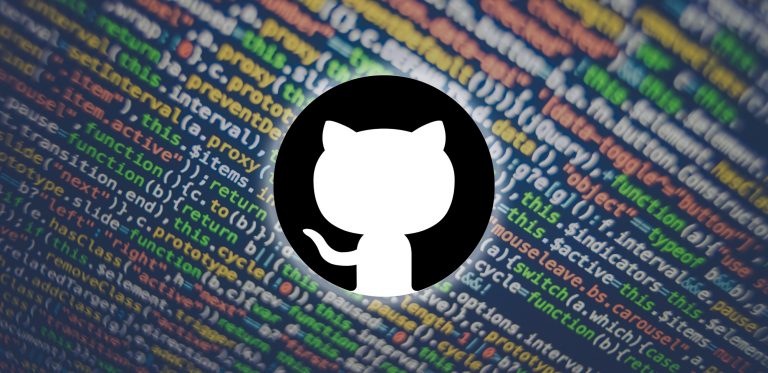|
Listen to this story
|
A recent NASSCOM report said that India accounts for nearly 11% of the world’s cryptocurrencies. And notwithstanding the whopping 115 million crypto investors in the country, the sector is still waiting for a proper acknowledgement from the Indian government.
When the Organisation for Economic Co-operation and Development (OECD) released a global framework for reporting cryptocurrency transactions, it was taken positively by the Indian crypto ecosystem. The Crypto-Asset Reporting Framework (CARF) would make it possible for member nations to keep tabs on the cross-border transfer of crypto assets.
With India joining the Multilateral Competent Authority Agreement on the automatic exchange of financial account information in 2015, the country might soon have to comply with the framework.
Crypto-asset reporting framework
According to OECD, CARF was a result of a request by G-20 nations for a framework for the automatic exchange of crypto-related information between multiple nations. CARF requires individuals and entity customers to identify themselves if they are carrying out any crypto transaction. In addition, the framework would make it mandatory for exchanges to report all transactions happening under their purview, from exchanges between fiat and digital currencies and the transfer of crypto assets.
“CARF is a welcome initiative and a good step towards the recognition of cryptographic assets by OECD/member nations. The concern, in general, is that crypto transactions have increased offshore tax evasion and reduced global tax transparency. However, with the adoption of CARF by member nations, we are likely to see a nexus between nations with regard to the collection and exchange of information on transactions and eventual imposition of taxes,” Rachit Kumar Srivastava, partner at ILA&C LAW, told AIM.
CARF would also make it easier to collect and exchange tax and crypto-relevant information between tax administrations. Further, it proposes amendments to the Common Reporting Standard (CRS) for the automatic exchange of financial account information between countries.
Impact on exchanges
The exchanges in India have reacted positively towards the new framework drafted by the OECD. For quite some time, the exchanges have been calling for regulations and asking the government to reconsider the heavy tax levied on crypto. With CARF, they hope it might bring the much sought after regulation and reduction in tax.
Besides, it is said that the introduction of CARF could add to the responsibilities of the exchanges. However, “CARF relies on existing practices such as AML/CFT/KYC etc and these are already being followed by crypto service providers,” Srivastava said.
It could force exchanges to bolster their data collection mechanism and improve the arrangement they already had for record-keeping and reporting. “CARF mandates reporting requirements on crypto service providers on an aggregate basis for each calendar year or other appropriate reporting periods, in relation to each reportable crypto asset transaction, which may initially create additional responsibility for the crypto service providers,” Srivastava added.
Crypto and blockchain expert Anuj Chaudhary said that exchanges were already mapping and accumulating transactions when it came to 1% TDS, which means the mechanism is already there. “Moreover, when it comes to reporting, we have seen that the Central Board of Indirect Taxes and Customs (CBIC) is already collaborating with exchanges on GST. So we’ll see similar collaborations coming in place,” Chaudhary told AIM.
Reduction in tax
With CARF, crypto exchanges in India are hoping to prompt the government to form regulations and lower the burgeoning taxes on digital assets, which is often regarded as draconian.
The government came under criticism when it announced that a tax of 30% would be levied on the sale of all virtual digital assets, including cryptos. This led to a significant reduction in trading volumes on crypto exchanges. When the tax came into effect earlier this year, it wiped out more than 80% of trading volumes in just a few months.
Binance chief executive officer Changpeng Zhao recently said that the heavy tax levied by the Indian government could, in fact, kill the industry.
With souring market participants, many exchanges were also looking at foreign markets for growth. Investors, too, took to exchanges not based in India due to the 1% TDS on every transaction. ZepPay chief Avinash Shekhar believes the tax levied on crypto has to come down significantly for things to improve.
The government levied the 1% TDS to document all crypto transactions happening in the country. Now, with CARF, there is scope for the government to rethink the taxation structure.
“New-age assets will need new-age laws to deal with them. After the initial introduction of levies, the next natural step is to improve the legal framework around virtual digital assets and on tax, if not less, bring them at-par with taxes on transactions in securities,” Srivastava said.
Fast-tracking regulations
The reporting guidelines of the CARF present an opportunity for the Indian government to come up with much-needed crypto regulations in India. “The CARF consists of rules and commentary that can be transposed into domestic law to collect information from Reporting Crypto-Asset Service Providers with a relevant nexus to the jurisdiction implementing the CARF,” OECD said in its report.
“The government is looking at taxing digital segments; they are exploring GST opportunities, so now it is going to be their obligation to come up with some sort of a regulation,” Chaudhary said.
With India set to assume the presidency of G20 on December 1, Finance Minister Nirmala Sitharaman said that regulating crypto assets would be one of the priorities for India at G20. “The biggest issue is not getting banking access. But, once regulations come into place, they will be bound to service us,” Ashish Singhal, co-founder and CEO at CoinSwitch Kuber, said.












































































